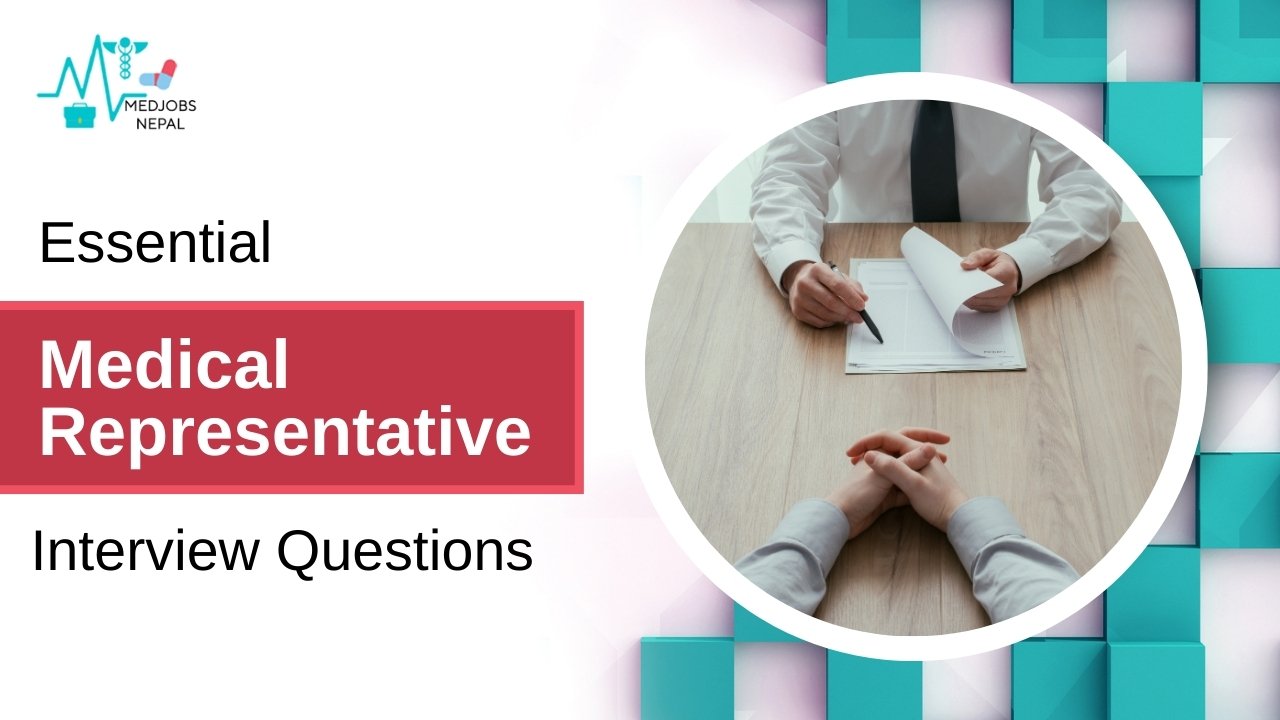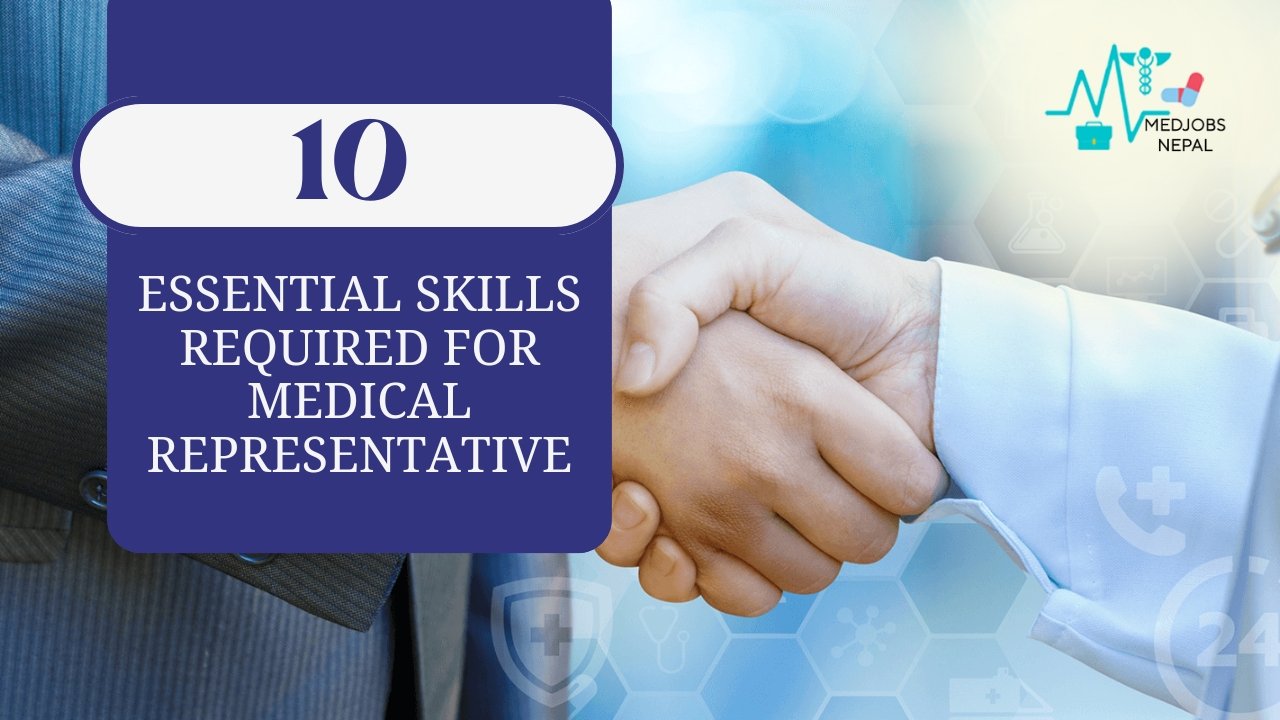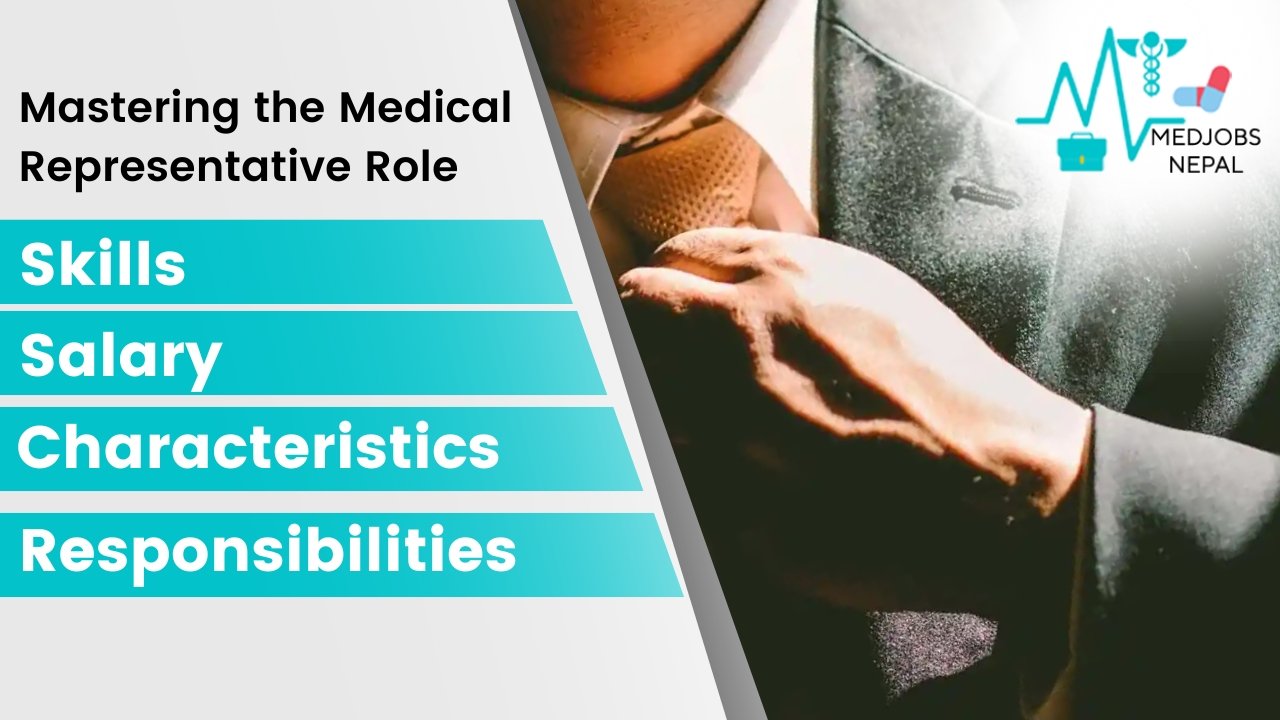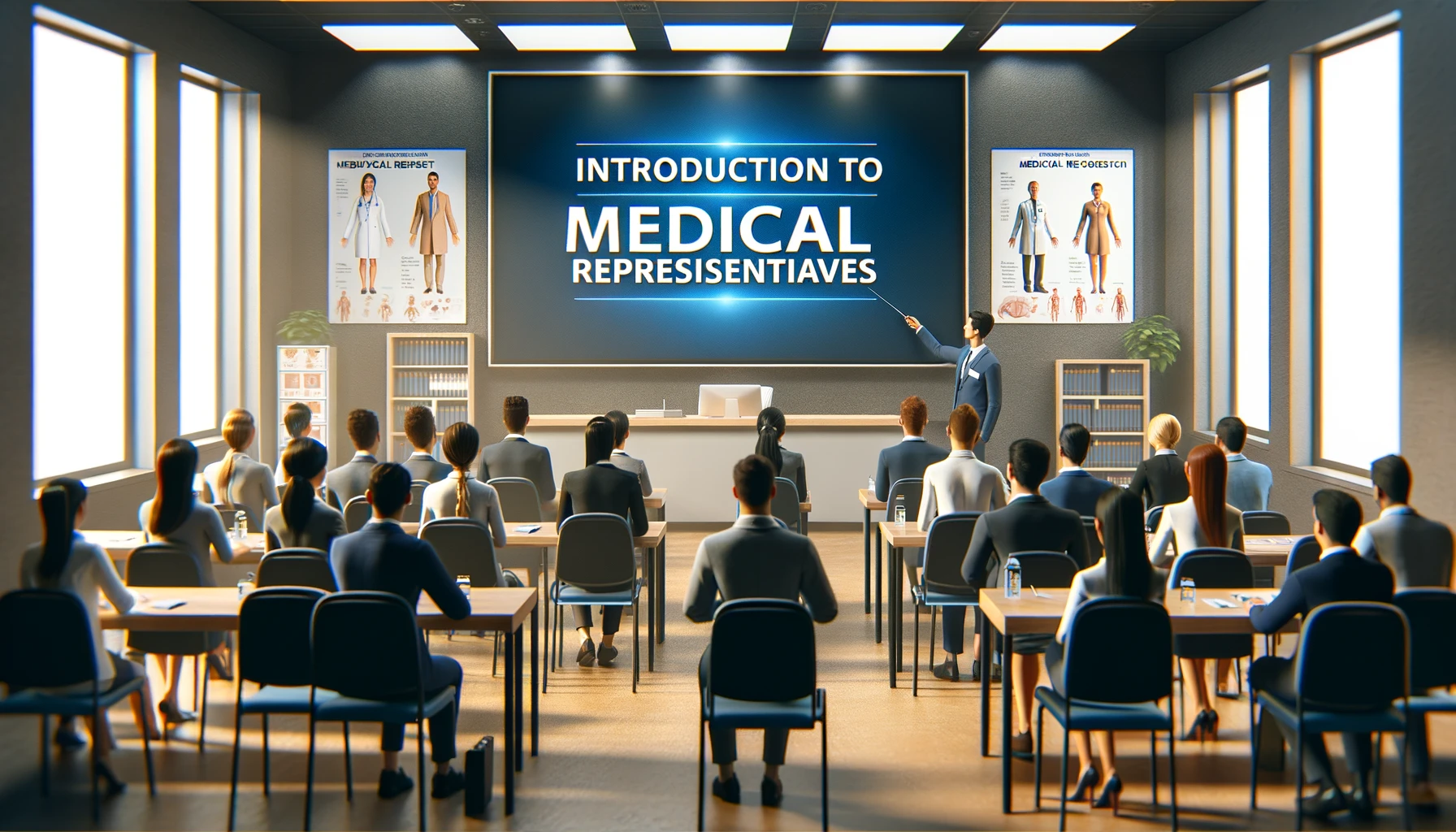Key Skills You Need for a Pharma Career
Are you aiming for a job in the pharma industry in Nepal? Whether you’re a fresh graduate or a young professional looking to shift into this growing sector, the pharmaceutical industry offers numerous opportunities for career growth. But what exactly does it take to succeed in this competitive field? Employers today are looking for a combination of hard and soft skills. If you want to stand out on platforms like Medjobs Nepal, developing certain essential skills can significantly improve your chances of landing your dream job. This article explores the key skills you need for a pharma career, particularly if you’re a young professional aged between 21 to 30 in Nepal. 1. Communication Skills In the pharmaceutical sector, strong communication skills are a must. Whether you’re dealing with healthcare professionals, colleagues, or patients, your ability to convey information clearly and concisely is crucial. For example, a role in pharma sales listed on Medjobs Nepal would require you to communicate effectively with doctors and pharmacists, helping them understand why they should choose a particular product. 2. Negotiation Skills Negotiation plays a huge part in various pharma roles, especially in sales, procurement, and business development. Whether you’re negotiating a deal with suppliers or closing a sale with healthcare providers, you’ll need solid negotiation skills to succeed. In jobs available on Medjobs Nepal, especially in sales or procurement, mastering negotiation will help you secure beneficial deals that contribute to long-term career success. 3. Influencing Skills Another essential skill for a career in the pharma industry is the ability to influence others. Whether you are promoting a new drug to doctors, presenting research findings, or convincing your team of the best way forward, influencing skills will serve you well. In roles such as sales or regulatory affairs, available on Medjobs Nepal, the ability to influence doctors, clients, or even government officials can be the key to career advancement. 4. Critical Thinking Skills The pharmaceutical industry in Nepal is fast-paced and constantly evolving. Critical thinking is crucial for navigating challenges, analyzing data, and making informed decisions. This skill is essential whether you’re in research, quality control, or even sales. If you’re applying for roles such as research or regulatory affairs on platforms like Medjobs Nepal, showcasing your ability to analyze complex information and think critically will make you a top candidate. 5. Adaptability Skills In an industry that is constantly evolving with new regulations, technologies, and market demands, adaptability is key. Professionals in the pharmaceutical sector must be able to adjust to change and learn new skills quickly. Jobs posted on Medjobs Nepal often look for candidates who demonstrate adaptability, as this shows that you can thrive in the fast-changing pharmaceutical landscape. Conclusion As a young professional aged between 21 to 30 in Nepal, looking for a pharma career, you’ll need to develop a set of essential skills to stand out in this competitive industry. Whether it’s honing your communication, negotiation, influencing, critical thinking, or adaptability skills, focusing on these areas will increase your employability in the pharmaceutical field.










